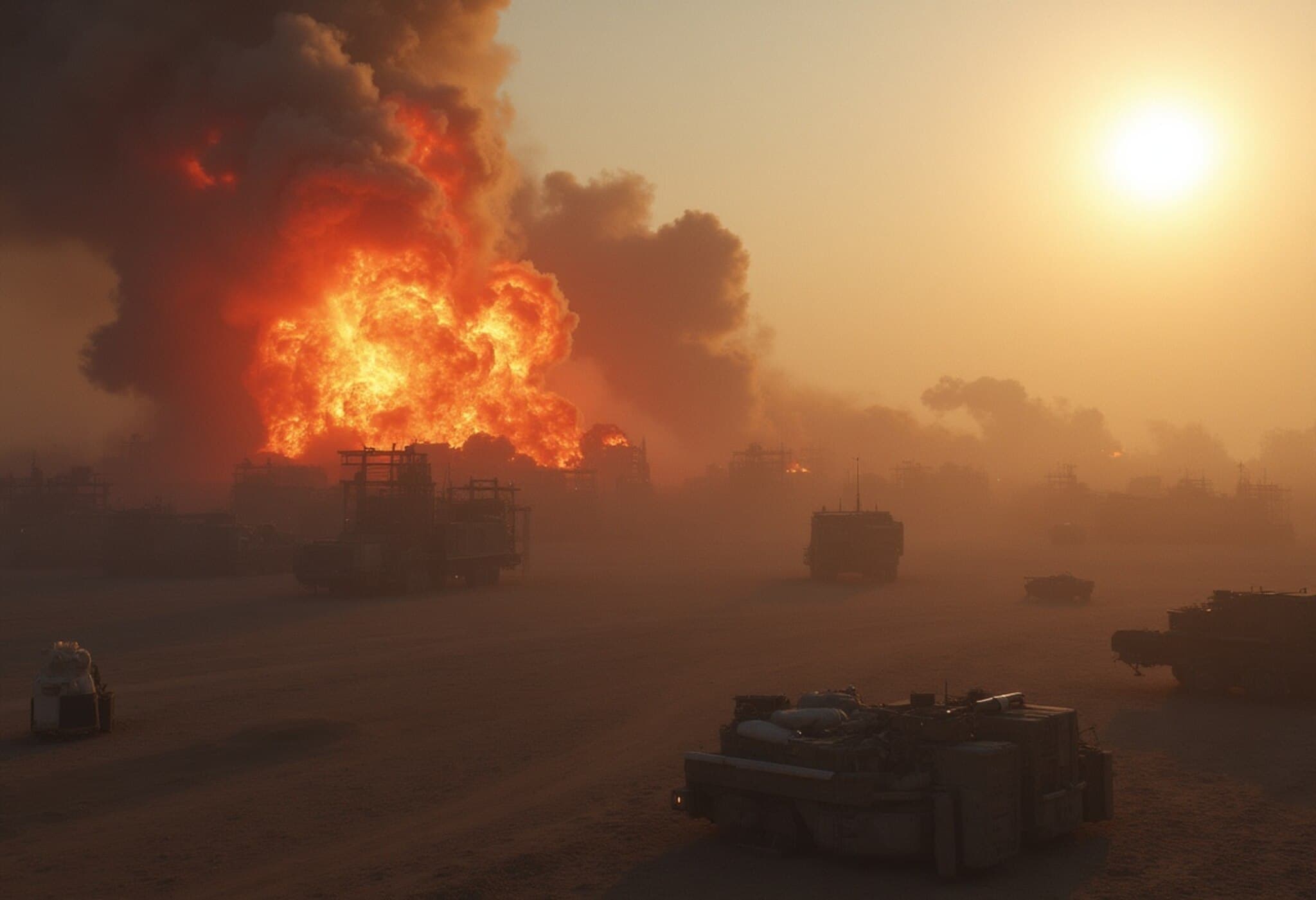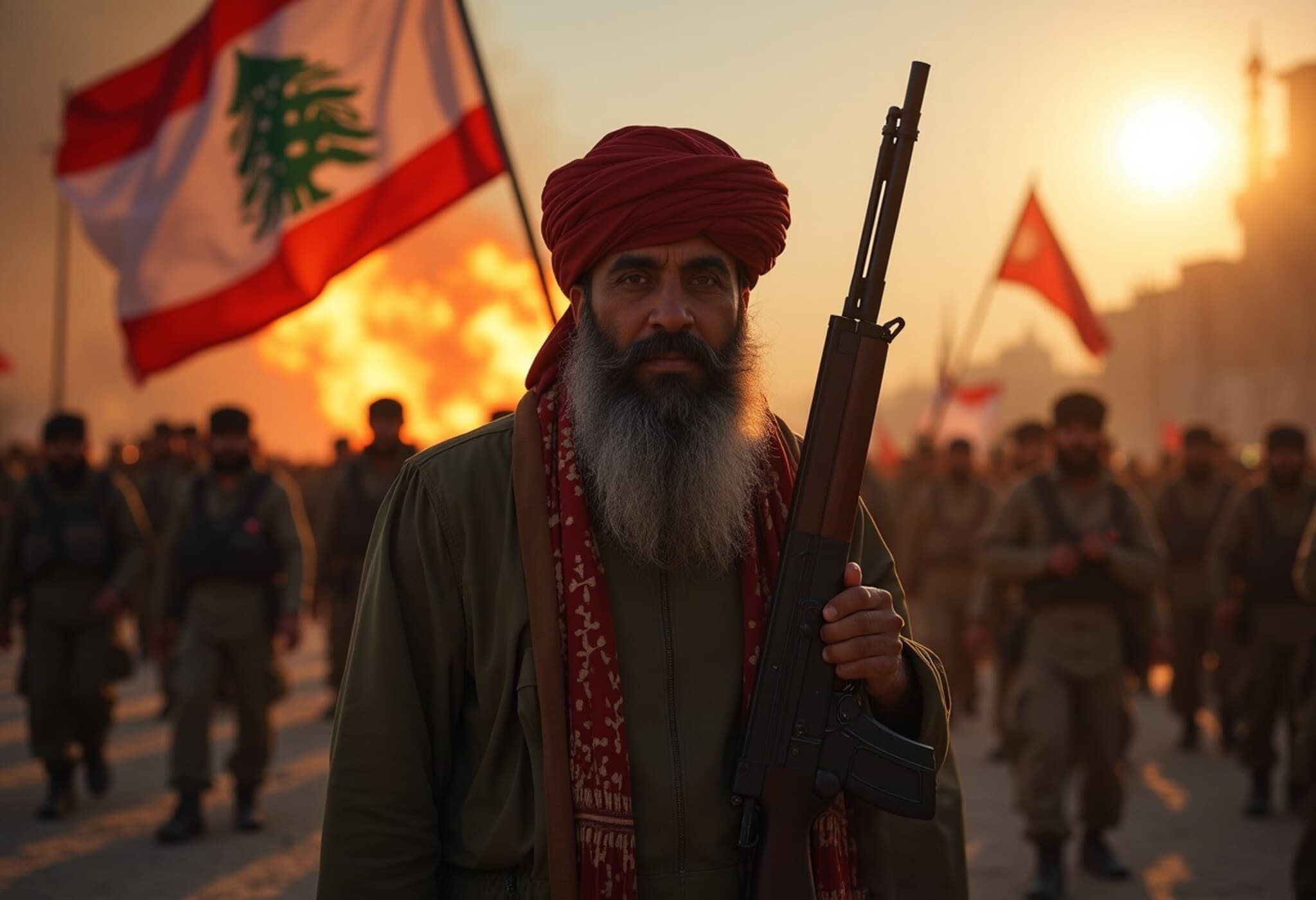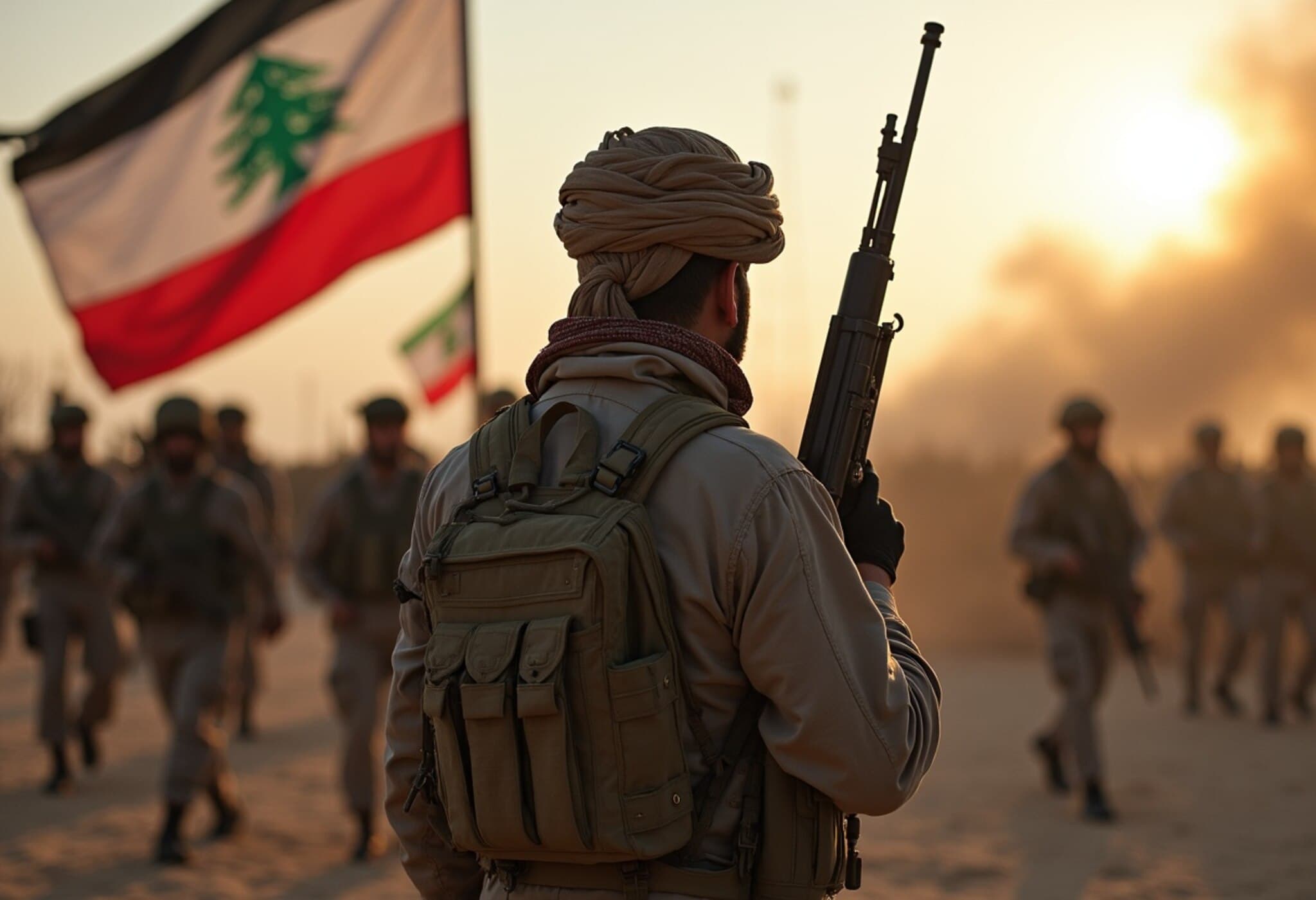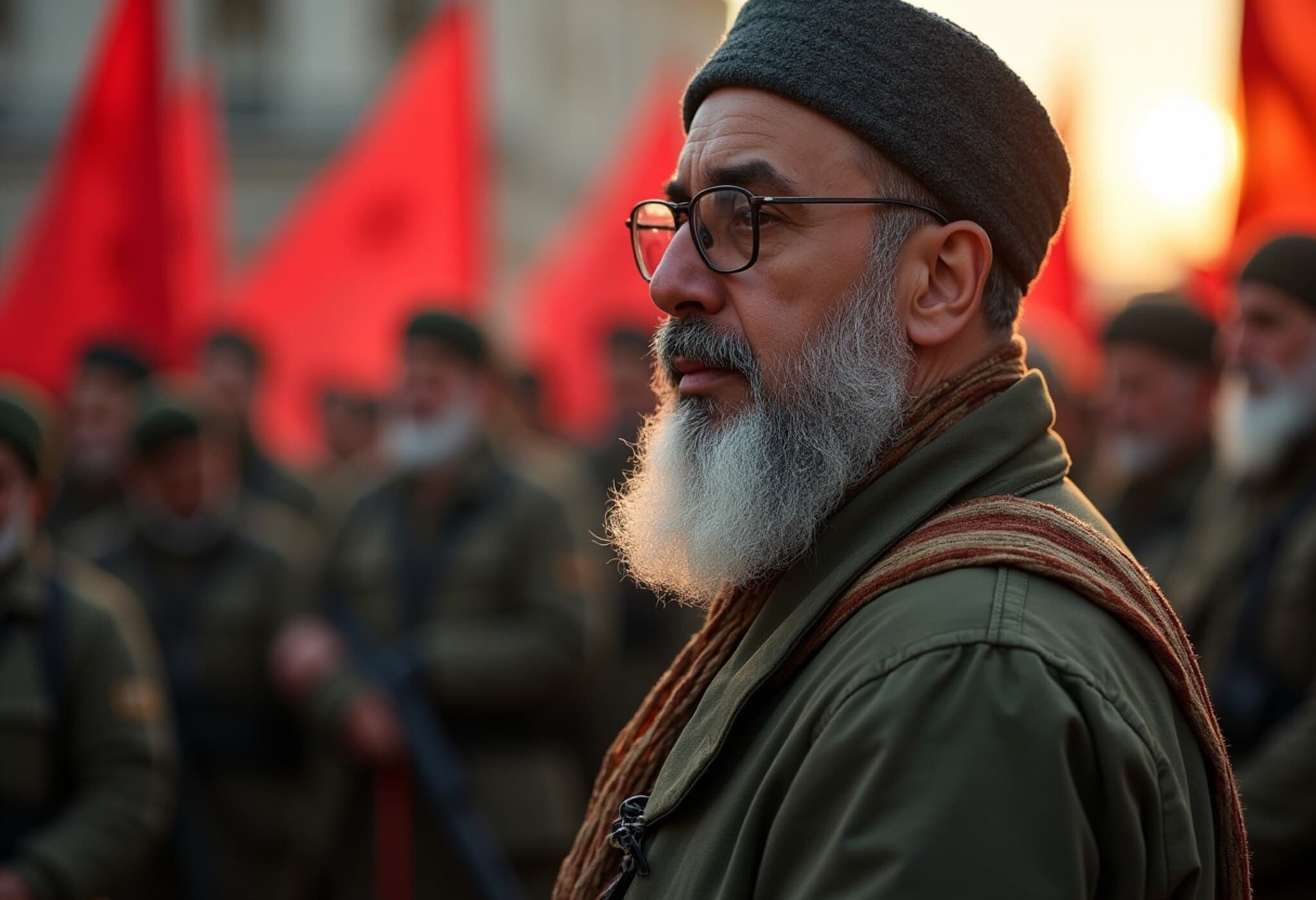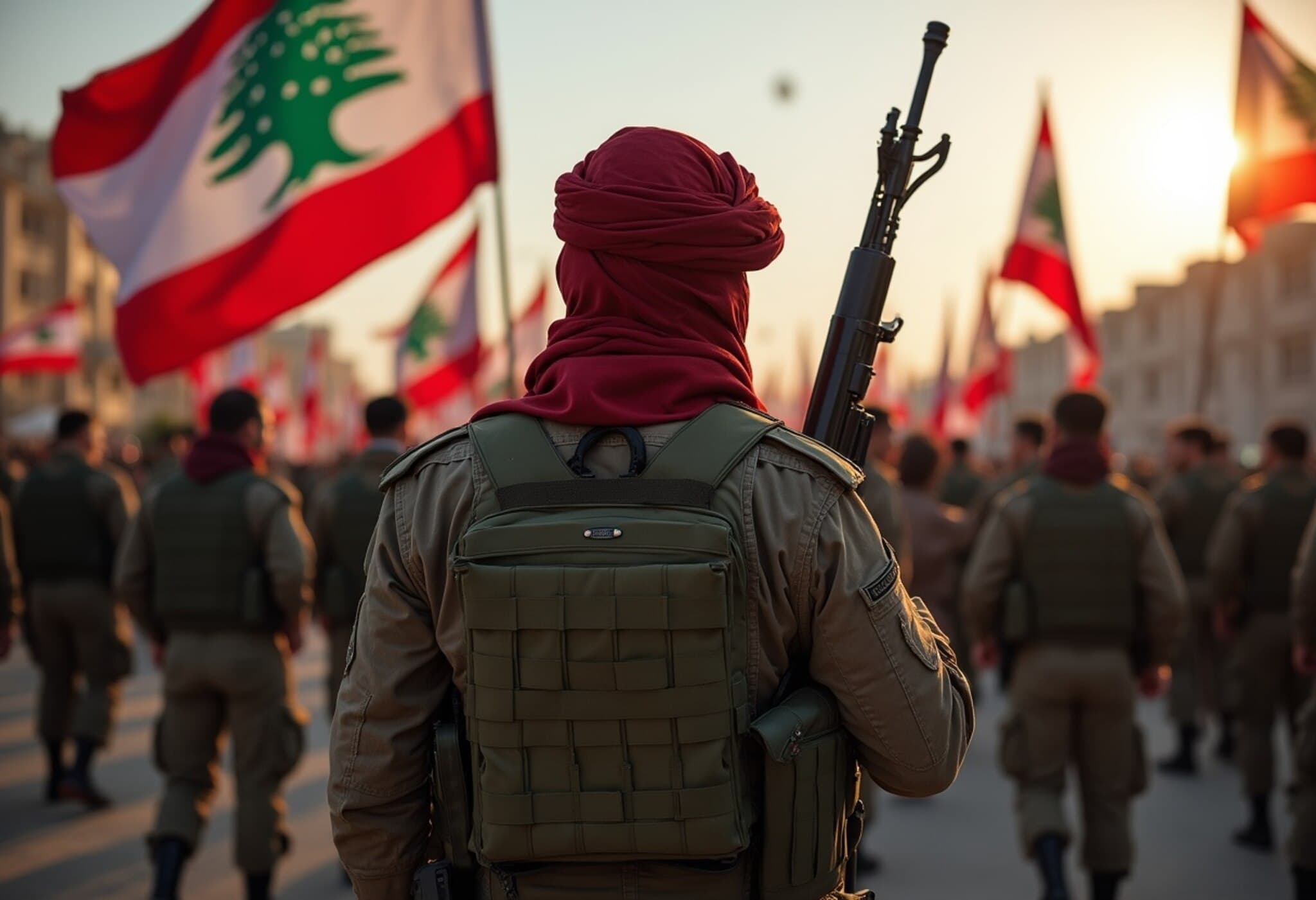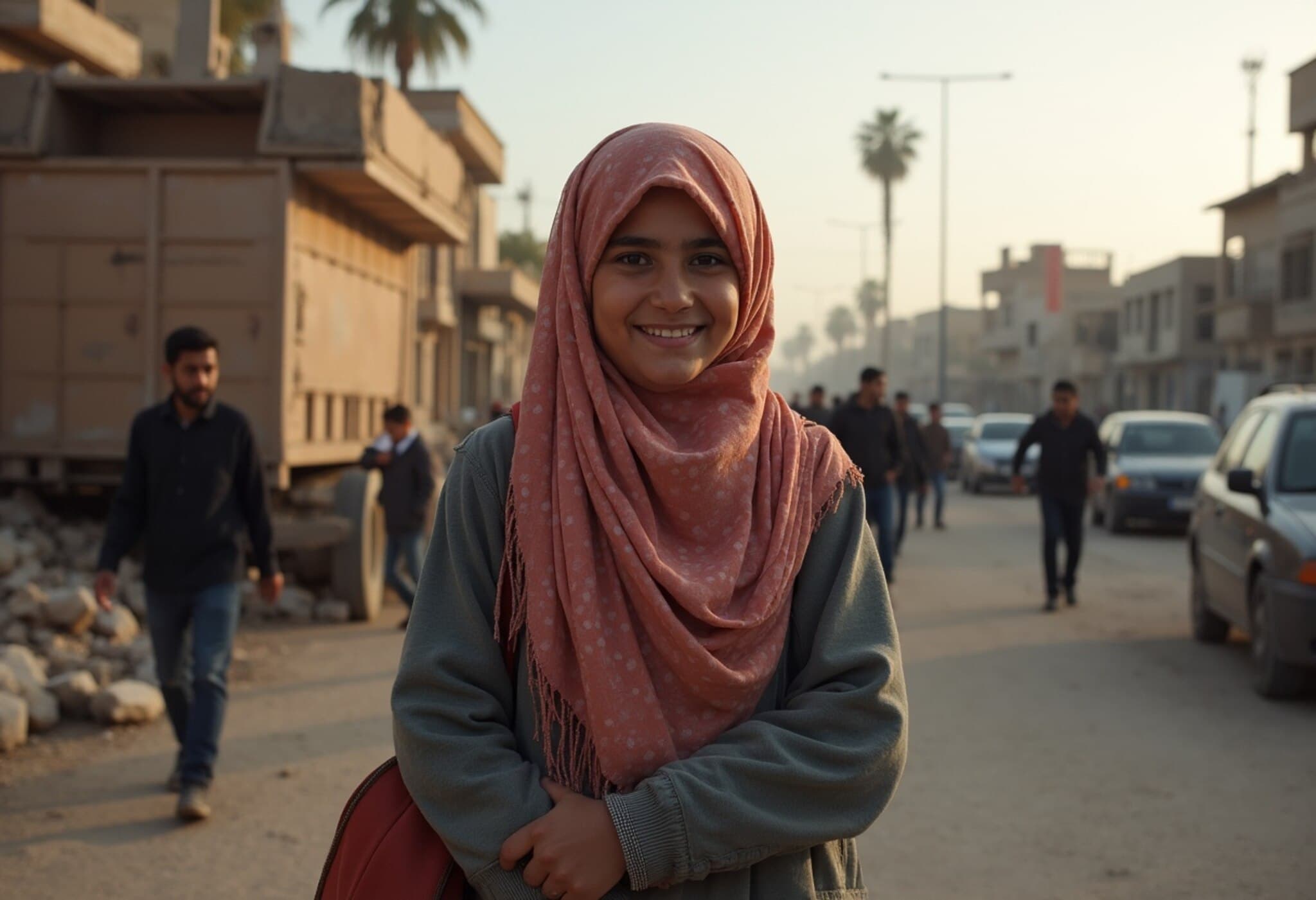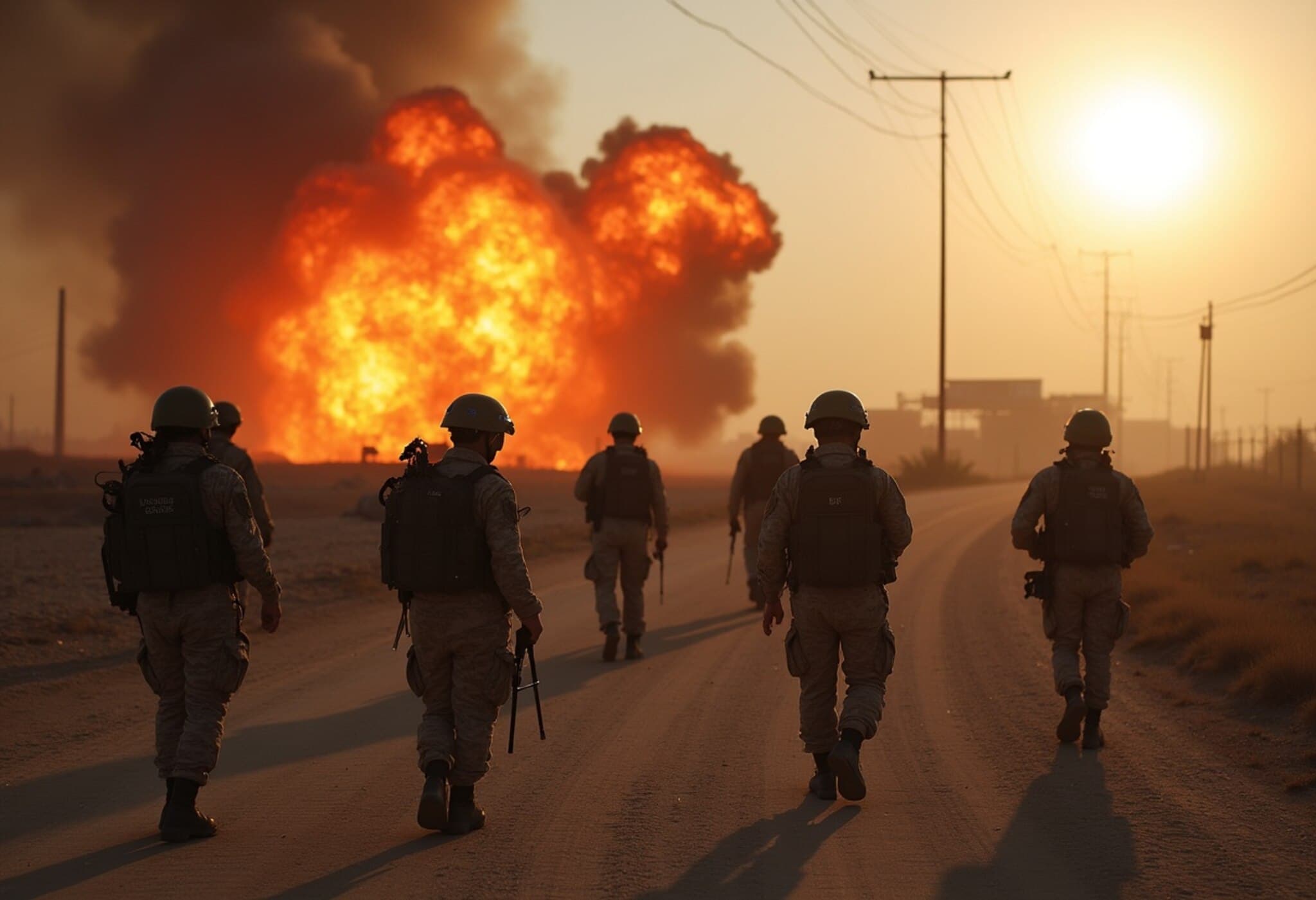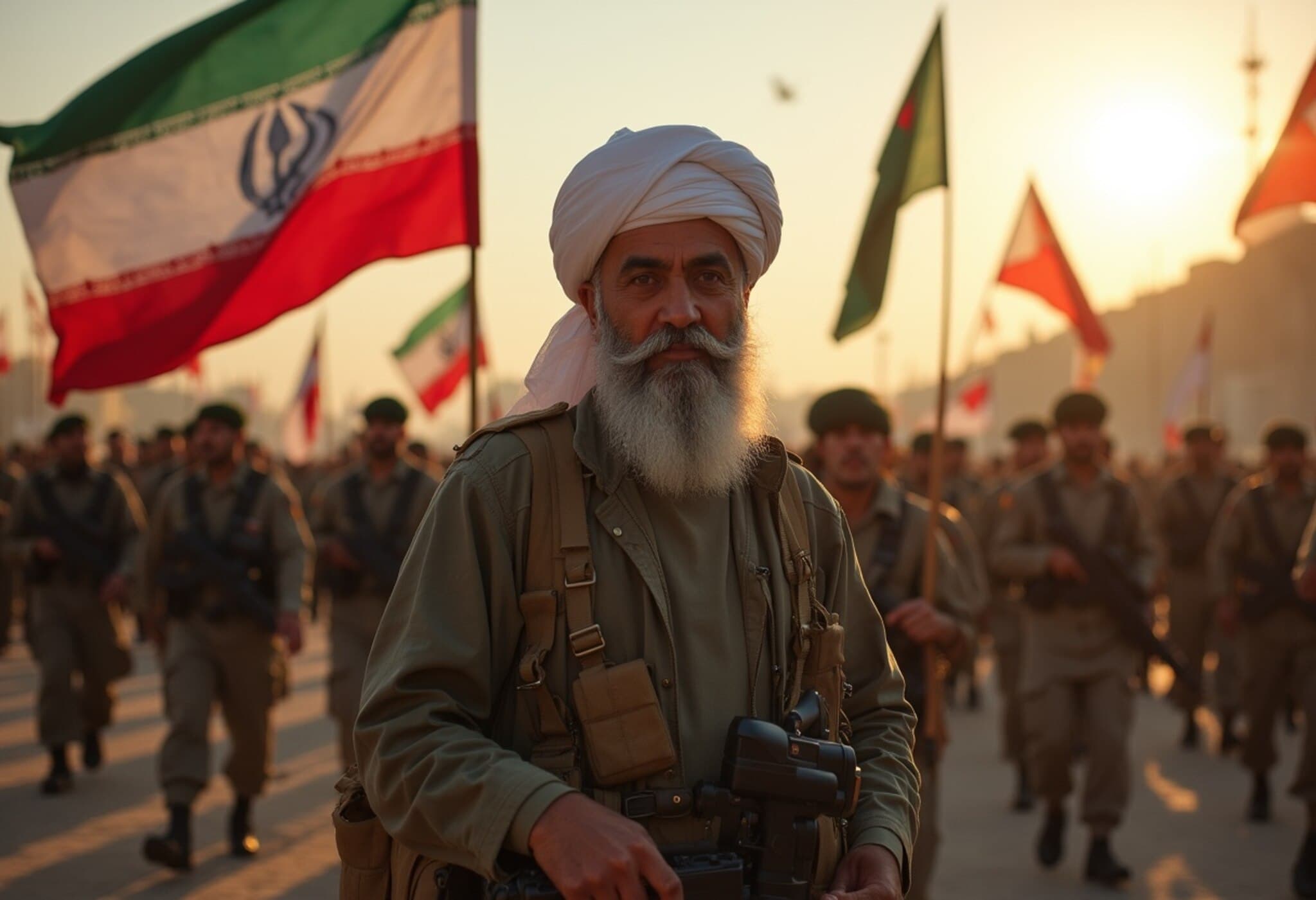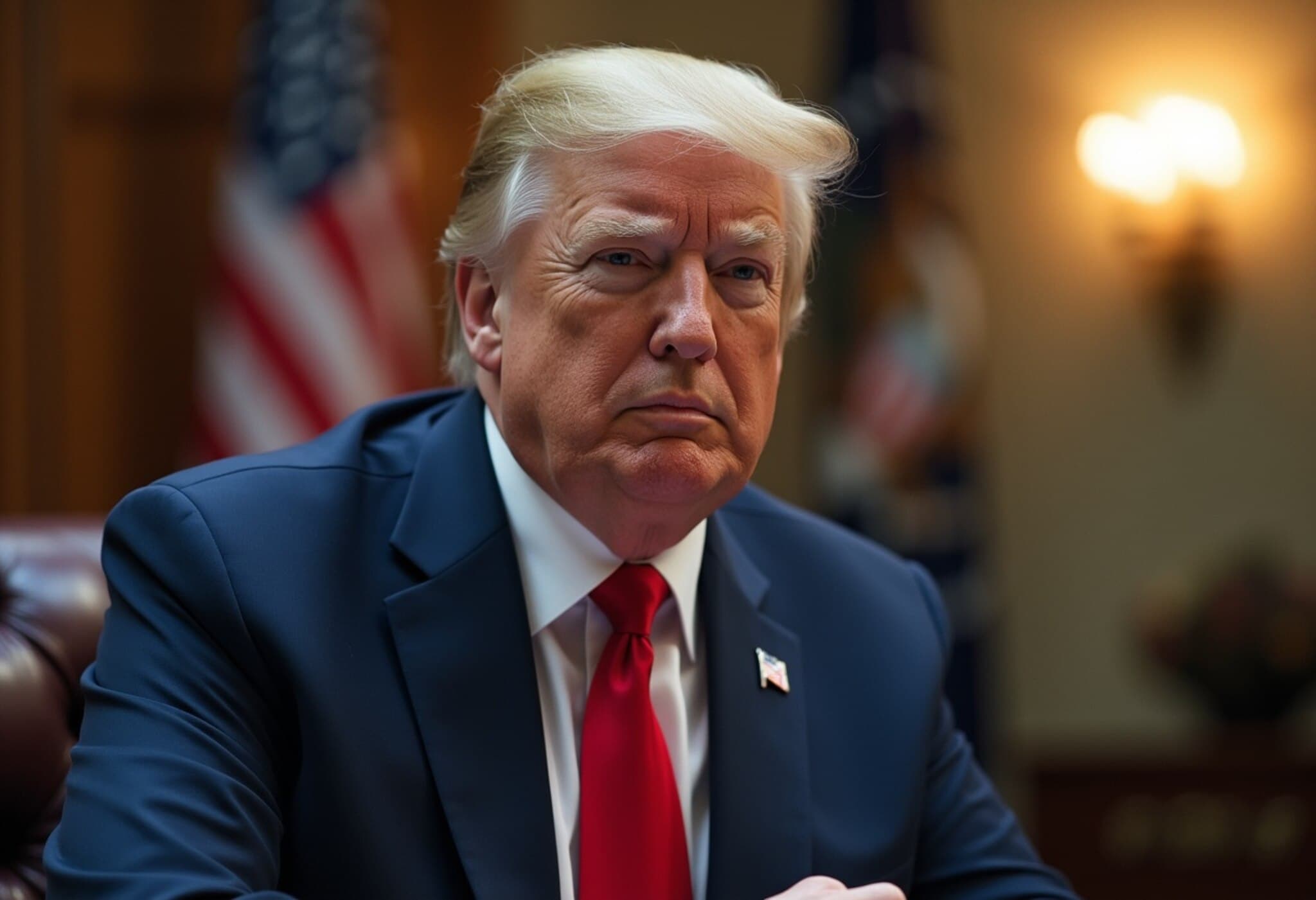Israeli Airstrikes in Lebanon's Bekaa Valley Claim 12 Lives Amid Rising Regional Tensions
On Tuesday, a series of devastating Israeli airstrikes targeted Lebanon's Bekaa Valley, resulting in the deaths of 12 individuals, marking the deadliest incident since last year’s fragile truce between Hezbollah and Israel unraveled. The region, long a hotspot for geopolitical tension, now faces renewed instability as these attacks exacerbate an already volatile situation.
Casualties Include Hezbollah Fighters and Syrian Agricultural Workers
Bachir Khodr, the governor of the Bekaa region, confirmed the fatalities to Reuters, emphasizing the human cost of the airstrikes, which included both combatants and civilians. According to a security source, five of the deceased were members of Hezbollah, the Shiite militant group that has frequently clashed with Israeli forces. The remaining seven victims were Syrian nationals, predominantly laborers who have historically worked in Bekaa’s agricultural sector.
These strikes signal a stark escalation in military actions, undermining the tenuous peace that had momentarily kept large-scale hostilities at bay following last year’s conflict between Hezbollah and Israel.
Background: A Fragile Ceasefire Faces New Challenges
The Bekaa Valley sits strategically near the Lebanon-Syria border and has often been a staging ground for Hezbollah activities. After months of intense combat last year, a ceasefire brought cautious relief to the region. However, the recent air raids indicate that the truce is under severe strain, raising questions about the durability of peace efforts in this conflict-weary area.
Experts caution that targeting Hezbollah fighters amid civilian populations carries the risk of inflaming sectarian tensions and could potentially draw Lebanon deeper into conflict, complicating broader Middle East stabilization efforts.
Human and Regional Impact
- Civilian Risks: The inclusion of Syrian agricultural workers among the casualties underscores the human toll beyond militant groups, highlighting the vulnerability of non-combatants caught in conflict zones.
- Economic Ramifications: The Bekaa Valley’s agriculture-heavy economy may suffer further setbacks as insecurity disrupts farming activities and displaces workers.
- Geopolitical Stakes: The strikes could prompt retaliatory actions by Hezbollah, potentially escalating into broader regional confrontations involving Lebanon, Israel, Syria, and their respective allies.
Expert Insight: Understanding the Broader Implications
Dr. Miriam Goldstein, a Middle East policy analyst, explains, "This incident should not be viewed in isolation but as part of a complex chessboard where local actions ripple into global geopolitics. The challenge lies in balancing Israel’s security concerns with the need to prevent further civilian suffering and regional destabilization."
US policymakers have traditionally emphasized restraint and dialogue in this volatile corridor, but recent events test these diplomatic frameworks while also raising urgent questions about the future of international involvement in the region.
What Lies Ahead?
The recent strikes serve as a grim reminder of the fragile peace in the Levant and the sobering reality of ongoing conflict cycles. For the local communities, especially Syrian agricultural workers who live and work in relative quiet, the risks have dramatically increased.
International observers and humanitarian agencies are calling for increased measures to protect civilians and for renewed diplomatic efforts to reestablish a sustainable ceasefire.
Key Questions to Watch
- Will these strikes lead to a larger military escalation between Hezbollah and Israel?
- How can international actors successfully broker peace amid deep-seated mistrust?
- What measures are needed to protect vulnerable civilian populations, including migrant workers?
Editor's Note
This deadly episode in the Bekaa Valley illuminates the pressing need for nuanced understanding of the region’s complex social fabric and geopolitical stakes. Beyond headlines of militant casualties, it is crucial to remember the human stories of families and communities caught in the crossfire. As policymakers grapple with balancing security and humanitarian priorities, readers are urged to consider the broader implications of renewed violence on regional stability and global peace efforts.









